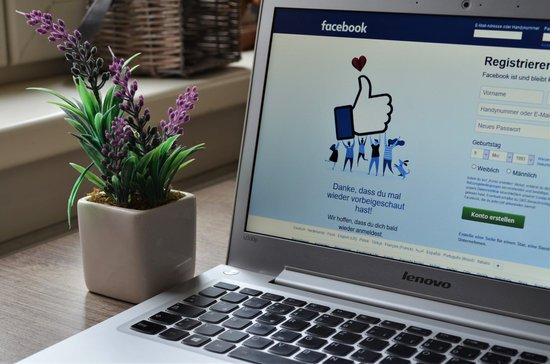
In March 2018, Mark Zuckerberg took out full page adverts in several British and US newspapers to apologise for Facebook’s recent data privacy scandal, which wiped tens of billions of dollars off the company’s market value and gave rise to the #deletefacebook campaign. He said his firm should have done more to prevent the personal information of 50 million users being exploited without their knowledge. A University of Cambridge researcher, Aleksandr Kogan, obtained the data in 2014 via a questionnaire app on Facebook that harvested the details of about 270, 000 people who took part in a quiz, along with the details of all their friends. Kogan then passed the trove of data to political consultancy groups, Cambridge Analytica, which allegedly used it to target US voters on behalf of Donald trump’s presidential campaign.
Mark Zuckerberg apologised for the “breach of trust” and promised a thorough audit of third-party apps to ensure it didn’t happen again. A former Facebook manager has warned that hundreds of millions of users are likely to have their private information used in the same way.
This is not a political argument of whether Donald Trump won the election due to harvested data, but rather an argument of how private our personal data actually is. Did Facebook fail to protect the personal data of its users? Or is it the user’s responsibility to choose where its personal data is kept? Facebook has been very lax about third-party use of personal information stored on the website. The Times reported that Facebook has shirked off the “responsibility that comes with power”. Facebook did tighten its rules in 2015 so that third-party apps could no longer access data on users’ friends without those friends’ knowledge stated by the Guardian. But is the power truly theirs if we wilfully give our data, or does the power lie in our hands to make informed decisions about where we share our data?
Without question, the 21st century’s most valuable commodity is data – a resource that is growing at an exponential rate… A staggering 90% of all the world’s data (2.5 quintillion bytes per day) has been created in the past two years alone, and its value is rising (Steve Martin, International Data)
With the effects of COVID-19 in full effect, we are living in a more and more remote and digital world, where unless you work in a business that can generate productivity and revenue completely ‘off-line’ (which I don’t think many can), you have no choice but to share your data online – it’s no longer about choice but a necessity for us and the companies we work with and for to survive and produce.



